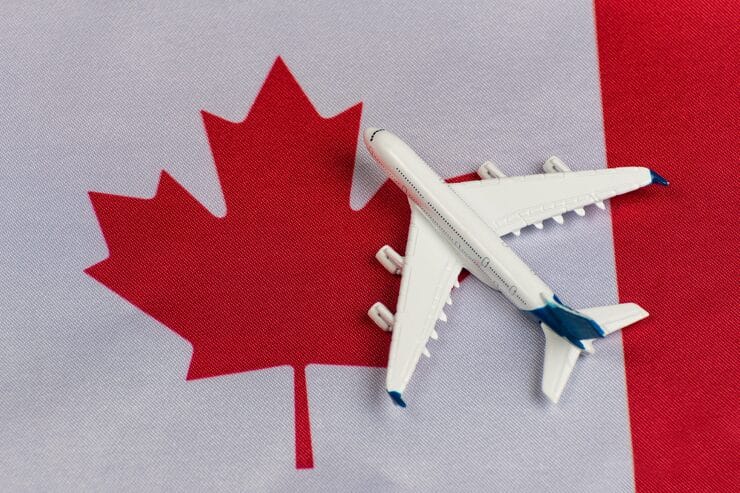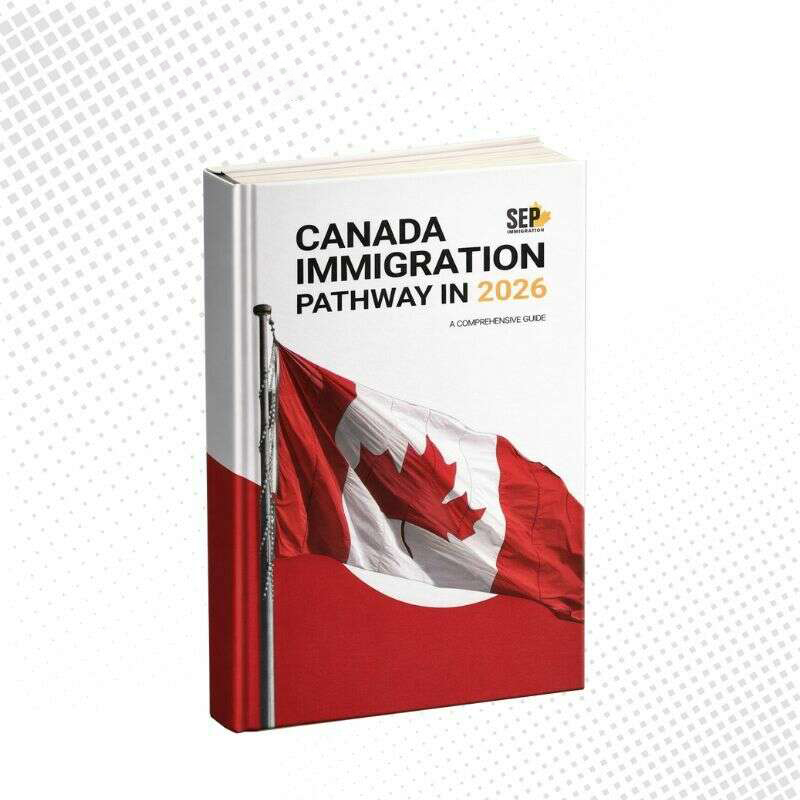
Table of Contents
ToggleWhat Does the Canada Border Services Agency Do?
The Canada Border Services Agency (CBSA) is responsible for enforcing the laws that govern who and what can enter and leave Canada. With over 14,000 employees, including 6,500 uniformed officers, the CBSA operates at 1,200 locations across Canada and 39 international sites.
Their duties include assessing the admissibility of people and goods, detaining potential threats, removing inadmissible persons, and managing trade agreements. They also protect food safety, collect duties and taxes, and conduct investigations related to immigration and national security.
What Is a CBSA Call-In Notice?
A CBSA call-in notice is an official letter requiring you to attend a meeting at a CBSA office. This notice usually relates to immigration matters, such as scheduling a deportation or addressing questions about your immigration status. Receiving this notice indicates that CBSA needs to discuss an important issue with you, often concerning your eligibility to remain in Canada.
In What Circumstances Does CBSA Send a Call-In Notice?
The CBSA sends call-in notices in various situations. These include concerns over your admissibility to Canada, the need to schedule a deportation, or questions about your immigration status.
Notices may also be issued if there are suspicions of involvement in criminal activities, terrorism, or violations of immigration laws. It’s essential to respond promptly and appropriately.
Questions That CBSA Asks
During the meeting following a call-in notice, CBSA officers may ask questions related to your immigration status, travel history, personal background, and reasons for entering or staying in Canada.
They might also inquire about your connections to Canada, employment status, and any criminal records. Be prepared to provide honest and clear answers, as these questions help the CBSA assess your situation.
How to Respond to a Call-In Notice
If you receive a CBSA call-in notice, it’s crucial to act quickly. The first step is to consult with an experienced immigration lawyer. They can guide you on how to respond and represent your interests during the meeting.
Depending on the situation, you may need to prepare documents, explain your circumstances, or request a deferral of deportation. Time is critical, so do not delay in seeking legal advice.
Received a CBSA Call-In Notice?
Our experienced immigration team is here to help. Don’t face this alone—contact us today for expert guidance and to protect your future in Canada.
FAQs
Yes, you are generally required to answer CBSA questions truthfully. However, you have the right to consult with a lawyer before responding.
Yes, you are generally required to answer CBSA questions truthfully. However, you have the right to consult with a lawyer before responding.
CBSA can access your financial records if they have legal grounds, usually through a court order or in specific circumstances related to national security or criminal investigations.
Yes, CBSA officers can search your phone when crossing the border, but this must be done within the scope of their legal authority, typically to assess admissibility.
CBSA can access a range of information, including your travel history, immigration records, and any criminal background. They may also have access to data shared by other government agencies.




